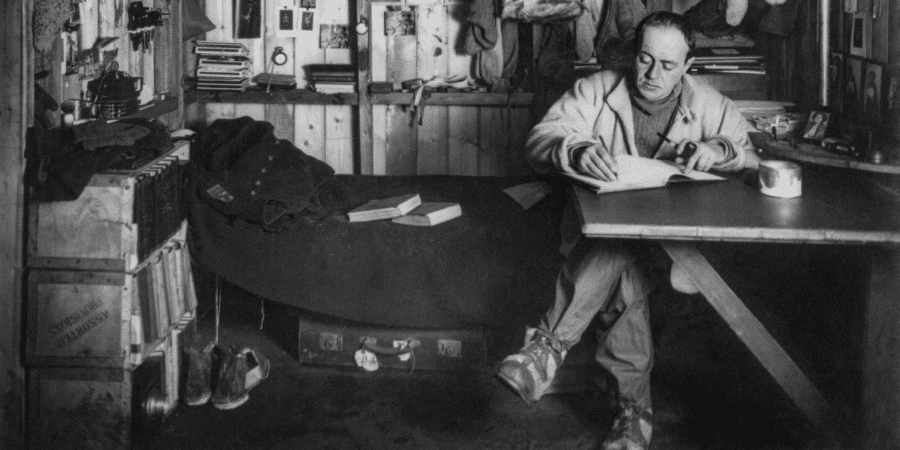In the world of entertainment, actors often take on the challenge of portraying dark and complex characters in films, television shows, and theater productions. While these roles can be creatively fulfilling and intellectually stimulating, they can also take a significant psychological toll on the actors involved. In this article, we’ll explore the emotional impact of playing dark characters and the strategies actors use to cope with the challenges they face.
Delving into the Darkness
Portraying a dark character requires actors to delve deep into the psyche of their character, exploring their motivations, fears, and inner demons. Whether playing a villain, an anti-hero, or a troubled protagonist, actors must connect with the darker aspects of human nature and bring them to life on screen or stage. This process can be emotionally intense and psychologically demanding, as actors must confront their own emotions and vulnerabilities while embodying the character’s struggles and conflicts.
Wrestling with Morality and Ethics
One of the biggest challenges actors face when playing dark characters is wrestling with morality and ethics. Many dark characters engage in morally ambiguous or reprehensible behavior, forcing actors to grapple with the ethical implications of their actions. This can lead to feelings of guilt, shame, and moral conflict as actors navigate the line between fiction and reality, and struggle to reconcile their own values with those of the characters they portray.
Immersing in the Character’s Mindset
To convincingly portray a dark character, actors must immerse themselves in the character’s mindset, adopting their mannerisms, speech patterns, and thought processes. This level of immersion can blur the lines between reality and fiction, making it difficult for actors to disentangle themselves from the character’s psyche once filming or rehearsals are over. Actors may find themselves experiencing intense emotions or psychological distress as they struggle to separate their own identity from that of the character they are playing.
Dealing with Emotional Exhaustion
Playing a dark character can be emotionally exhausting, requiring actors to tap into deep reserves of emotional energy and stamina. The constant pressure to inhabit the character’s emotional world, coupled with the intense emotional scenes and confrontations that often accompany dark roles, can take a toll on actors’ mental and physical well-being. Many actors report feeling drained, overwhelmed, and emotionally spent after filming or performing in emotionally challenging roles.
Coping Strategies for Actors
To cope with the psychological toll of playing dark characters, actors employ a variety of strategies to maintain their mental health and well-being. Some actors rely on techniques such as mindfulness, meditation, and visualization to help them stay grounded and present in the moment. Others seek support from friends, family, or mental health professionals to process their emotions and navigate the challenges they face. Many actors also engage in self-care activities such as exercise, hobbies, and relaxation techniques to recharge and rejuvenate after emotionally demanding performances.
Finding Meaning and Purpose
Despite the emotional challenges they face, many actors find deep meaning and purpose in playing dark characters. These roles offer actors the opportunity to explore complex human emotions and experiences, challenge societal norms and conventions, and provoke thought and reflection among audiences. By delving into the darkness, actors can shine a light on the human condition and illuminate the complexities of the human psyche, fostering empathy, understanding, and compassion in the process.
Creating an Impact with Dark Characters
In conclusion, playing dark characters can have a profound psychological impact on actors, challenging them to confront their own emotions, values, and beliefs. From wrestling with morality and ethics to immersing in the character’s mindset, dealing with emotional exhaustion, and coping with the challenges they face, actors must navigate a complex emotional landscape when portraying dark characters. Despite the challenges, many actors find deep meaning and purpose in these roles, using them as an opportunity to explore the depths of human experience and connect with audiences on a profound level. By understanding and addressing the psychological toll of playing dark characters, actors can continue to create powerful and impactful performances that resonate with audiences for years to come.














